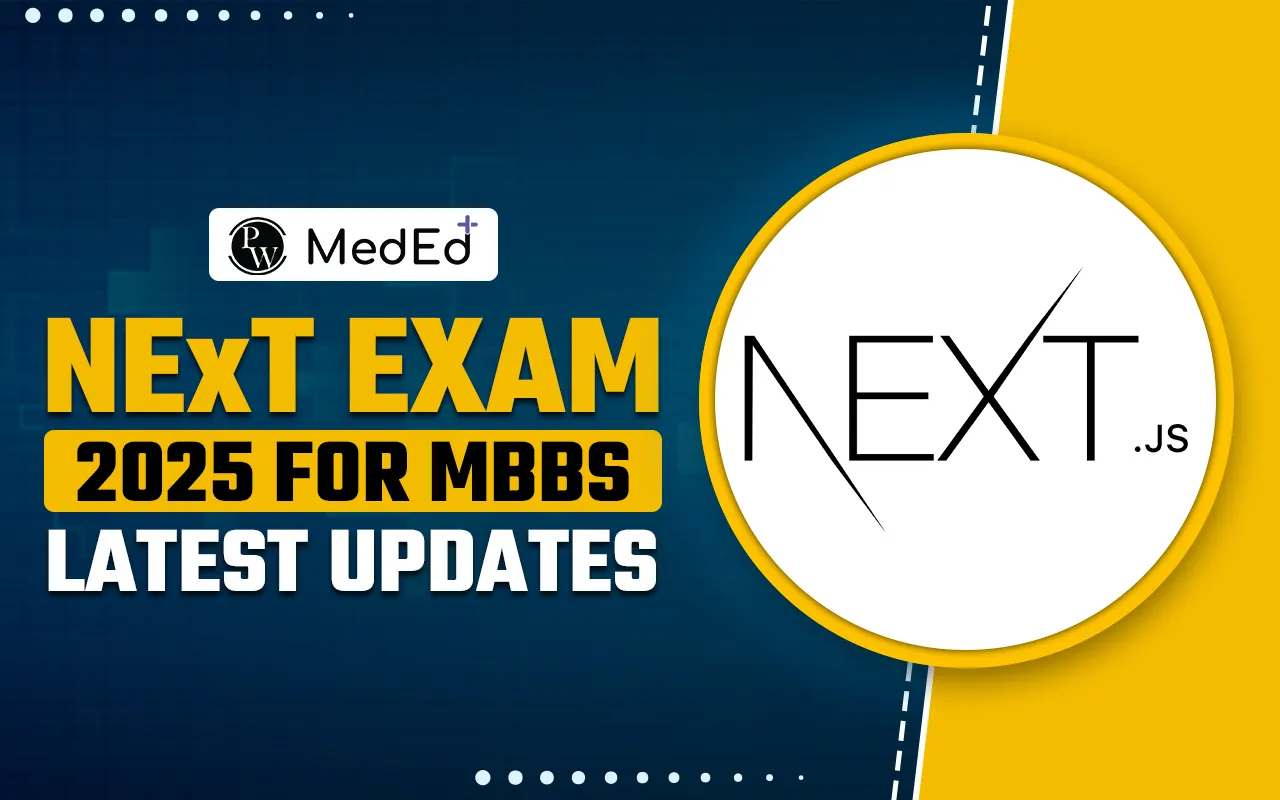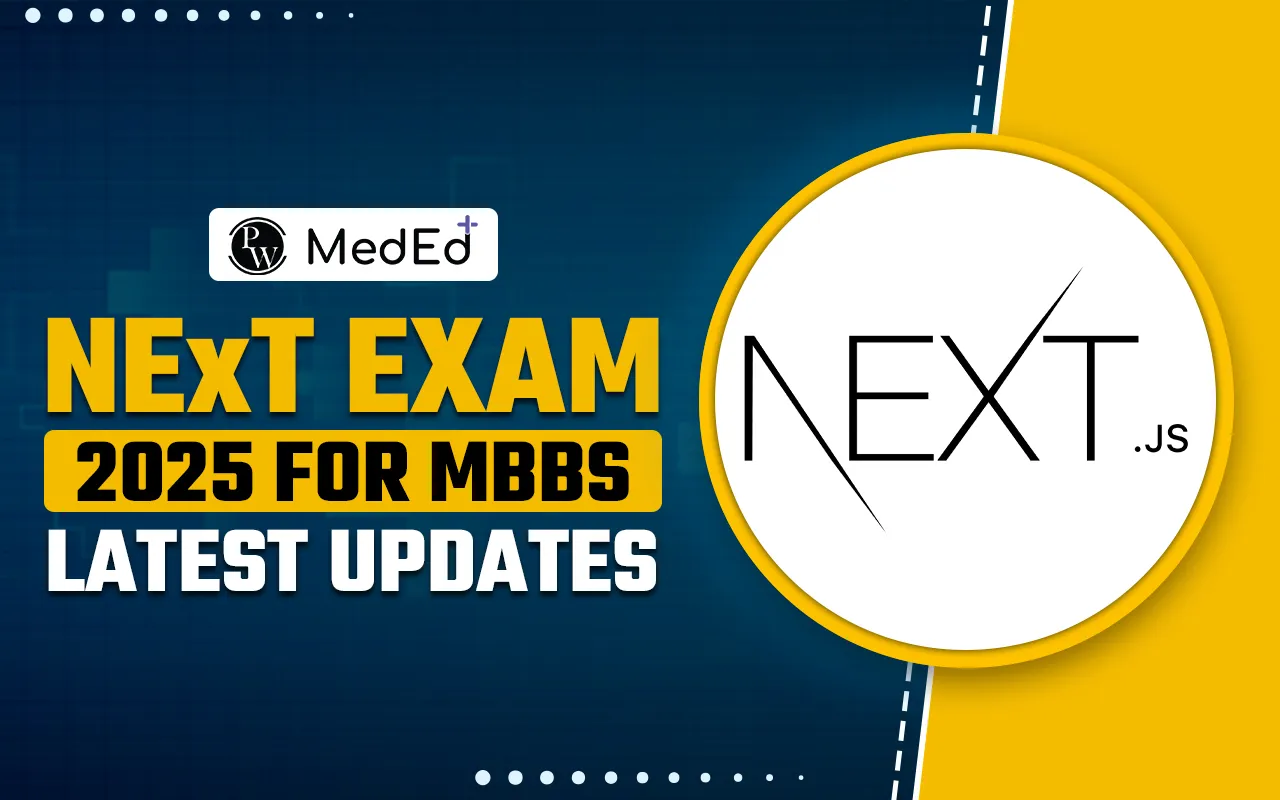

A delegation from the Federation of All India Medical Association (FAIMA) met National Medical Commission (NMC) Chairman Dr. Abhijat Sheth in New Delhi to discuss key reforms in medical education, infrastructure, and doctors’ welfare. The meeting also focused on the National Exit Test (NExT), a common examination for MBBS graduates that will serve as both a licensing and postgraduate entrance test and its revised implementation timeline.
What is the National Exit Test?
The National Exit Test (NExT), a common exam for MBBS graduates to obtain a license to practice medicine and qualify for postgraduate studies, was initially planned for August 2025. However, its rollout has been postponed due to legal, structural, and logistical constraints.
Dr. Sheth announced that the NExT would not be implemented immediately, with mock tests planned for the next three to four years to assess feasibility and gather feedback from students and institutions. FAIMA also presented its nationwide survey findings and proposed measures, including stronger mental health support for medicos, uniform training standards across colleges, and the integration of research, professionalism, and soft skills into the medical curriculum.
A team from the Federation of All India Medical Association (FAIMA) met National Medical Commission (NMC) Chairman Dr. Abhijat Sheth at the Commission’s New Delhi office on Wednesday. The delegation presented results from FAIMA’s national survey and held talks on improving medical education, infrastructure, and doctors’ welfare.
After the meeting, Dr. Sheth stated, "The NEXT (National Exit Test) will not be implemented immediately. For the next three to four years, NMC plans to conduct mock tests, which will be fully funded by NMC, to assess feasibility and gather feedback from students and institutions. The final implementation of NEXT will be considered only after evaluating the outcomes and responses from these trial runs."
He also acknowledged FAIMA’s data-driven efforts and assured that the Commission would examine the group’s proposals for possible inclusion in future policy discussions.
FAIMA Urged to Create Mental Health Support Systems
During the discussion, FAIMA urged NMC, India’s apex medical education regulator, to create mental health support systems, schedule regular counselling sessions, and design structured timetables promoting a healthier work-life balance.
The association highlighted growing mental health challenges and burnout among medical professionals, calling for greater focus on resilience and self-care in training environments.
Citing findings from its survey on the current state of medical education and infrastructure nationwide, FAIMA emphasized the importance of reducing disparities between government and private colleges to ensure consistent training quality.
Indian Council of Medical Research to Promote Oriented Learning for UG and PG
The delegation also proposed closer collaboration with the Indian Council of Medical Research (ICMR) to promote research-oriented learning at both undergraduate and postgraduate levels.
"Proposal for research modules and mentorship programs to be integrated into the curriculum, fostering innovation among medical students,” the statement noted.
Further discussions focused on enhancing teaching quality through standardized methods, faculty development programs, and regular feedback-based evaluations.
FAIMA also recommended strengthening competency-based medical education (CBME) and conducting periodic curriculum updates.
Additionally, the delegation advised expanding the ATCOM (Attitude, Ethics, and Communication) modules by incorporating modern teaching tools and adding structured training in professionalism and soft skills.
FAIMA Chairman Dr. Manish Jangra said the NMC chief “appreciated FAIMA’s evidence-based approach and assured that the Commission would review the recommendations for possible inclusion in upcoming policy discussions.”
